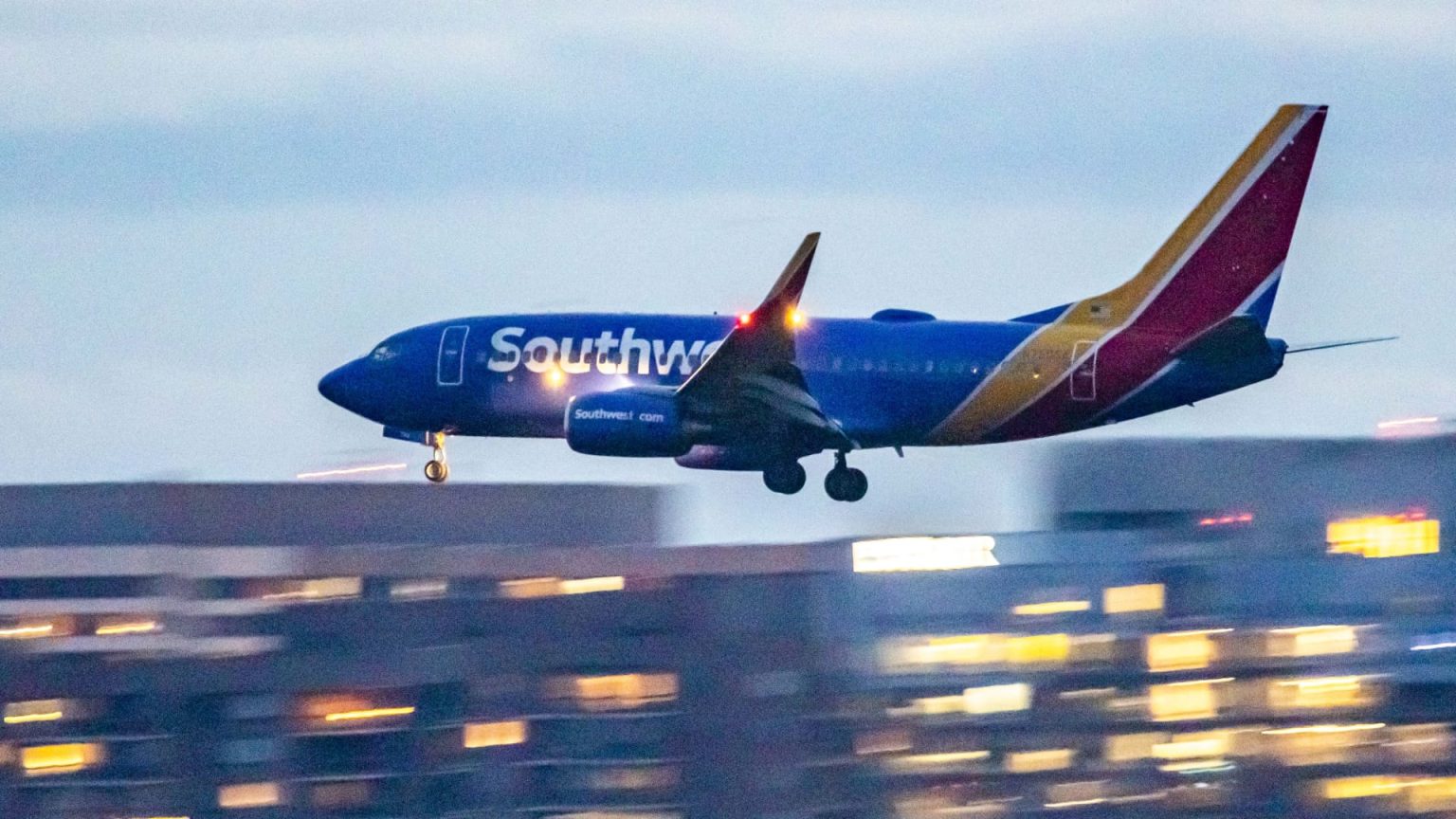Southwest Airlines, known for its single-class, open-seating cabins, is considering making changes to drive up revenue according to CEO Bob Jordan. This shift would be one of the largest in the airline’s history and is being explored as a response to the carrier’s disappointing first-quarter report. Currently, Southwest’s all-Boeing 737 fleet features a single economy class cabin with no seating assignments, though customers can pay for earlier boarding to secure preferred seats. The airline has traditionally focused on simplicity and user-friendliness, but now faces pressure from competitors like Delta and United who have seen success with premium seating options.
While Southwest has long resisted the trend of charging travelers for optional extras like seat assignments and checked bags, analysts have been pushing the airline to consider new revenue opportunities. Premium seating offerings and additional fees have proven lucrative for many U.S. carriers, with seating fees alone bringing in $4.2 billion from domestic flights in 2022. This has raised questions about whether Southwest should introduce new revenue streams by adopting similar strategies. CEO Bob Jordan indicated that studies into customer preferences have yielded “interesting” results, hinting at the possibility of changes to come.
Despite speculation, Southwest has not yet made any concrete decisions about the potential changes to its cabins. Chief Commercial Officer Ryan Green emphasized that the airline’s core principles of simplicity and affordability will remain intact, suggesting that drastic alterations like separate cabins or charging for checked bags are unlikely. Green highlighted Southwest’s unique position as a carrier that does not have bag fees, which is a major draw for customers who appreciate the transparency and simplicity of the airline’s pricing model.
Southwest’s focus on customer experience and cost-effective operations has been a key factor in its success as a low-cost carrier. The airline’s commitment to simplicity has set it apart from competitors and garnered a loyal customer base. However, in an increasingly competitive industry where premium services and added fees are driving revenue growth for other airlines, Southwest may need to adapt its business model to stay competitive. By exploring new initiatives like changes to seating and boarding processes, Southwest is seeking to strike a balance between generating revenue and maintaining its appeal to customers who value transparency and simplicity.
While the specifics of Southwest’s potential changes remain unclear, the airline’s willingness to explore new revenue streams reflects a strategic shift in response to changing market dynamics. As customer preferences evolve and competitors continue to innovate, Southwest is under pressure to stay relevant and profitable. By considering adjustments to its cabin layout and seating policies, the airline is signaling a willingness to adapt to meet the needs of modern travelers. Whether Southwest will ultimately decide to introduce premium seating options or additional fees remains to be seen, but the airline’s willingness to explore these possibilities suggests a potential shift in its business strategy in the coming years.


